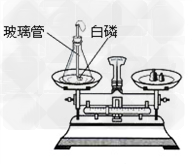问题
问答题 论述题
试述坍塌险情。
答案
参考答案:
坍塌主要指堤防或坝岸的临水面土体、裹护体或土体连同裹护体的崩落险情。坍塌分为塌陷、滑塌、骤塌。塌陷是坡面局部发生下沉的现象;滑塌是某范围内的堤坝坡因失稳而发生坍塌下滑的现象(也称为滑脱);骤塌是某范围内的堤坝坡部分土体、裹护体或土体连同裹护体突然倒塌入水(也称为崩塌),是最为严重的坍塌险情。当洪水冲刷能力强、主溜顶冲或靠近堤岸、堤岸抗冲能力弱时,易发生坍塌险情,如不及时抢护,将可能造成险情急剧恶化(如引起溜势变化、使坍塌加剧等)或溃堤灾害。

